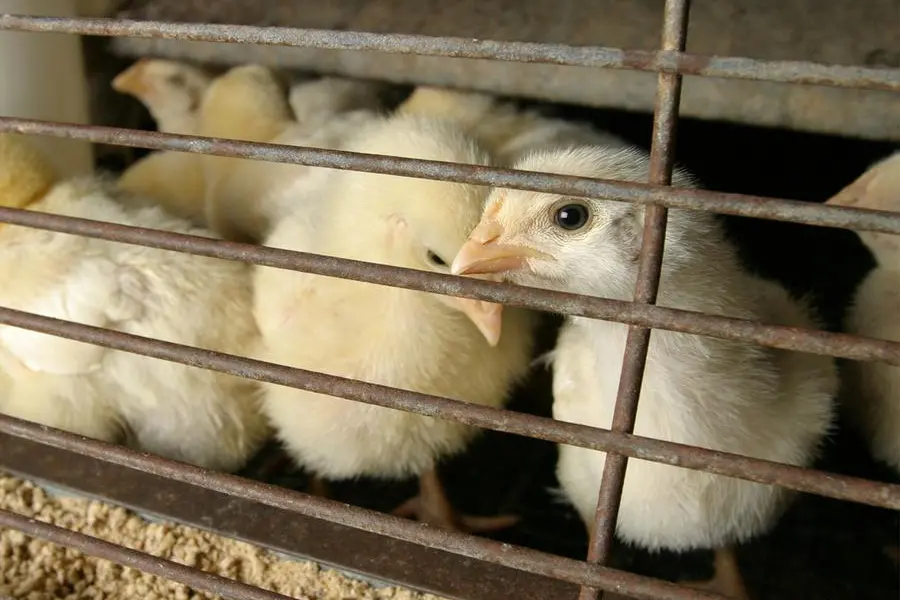PHOTO
Neither of the two strains of bird flu that have infected dairy cows in the United States have been detected in the European Union or Britain, a French food safety agency official said.
The U.S. Department of Agriculture on Wednesday confirmed a Reuters report that U.S. dairy cattle had tested positive for a strain of bird flu that previously had not been found in cows.
"To date, none of the serotypes that have been isolated in cattle in the United States or in poultry, and which have caused human cases, have been detected in Europe and therefore in France, including the recent case in the United Kingdom," the official said on Thursday in a briefing on bird flu in France.
Highly pathogenic avian influenza (HPAI), commonly called bird flu, has spread around the globe in recent years, leading to the culling of hundreds of millions of poultry.
Its spread to dairy cows in the U.S. and the death of a person in Louisiana have raised concern that the virus could mutate into one that can be transmitted between humans.
France has recorded 19 outbreaks of bird flu in poultry so far this season, from 10 in 2023/24. A sharp drop from an average of 400 in previous years was due to the vaccination since October 2023 of ducks, which are the poultry most sensitive to the virus, officials said.
The United States and Canada recently eased bans on certain French poultry imports linked to bird flu vaccination.
(Reporting by Sybille de La Hamaide; Editing by Alexander Smith)





















